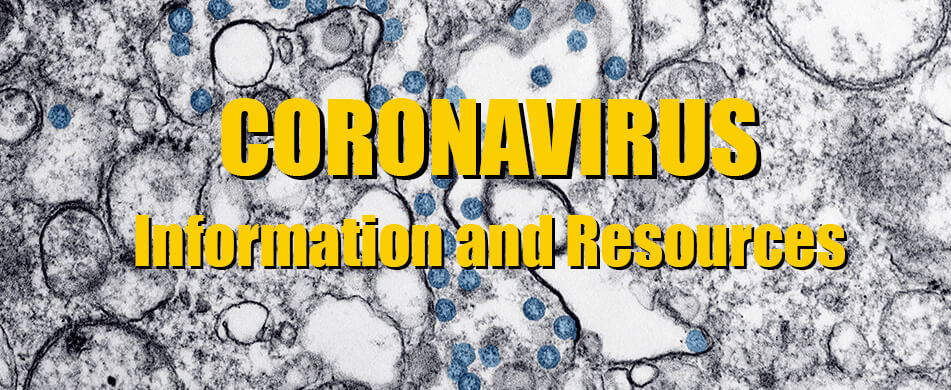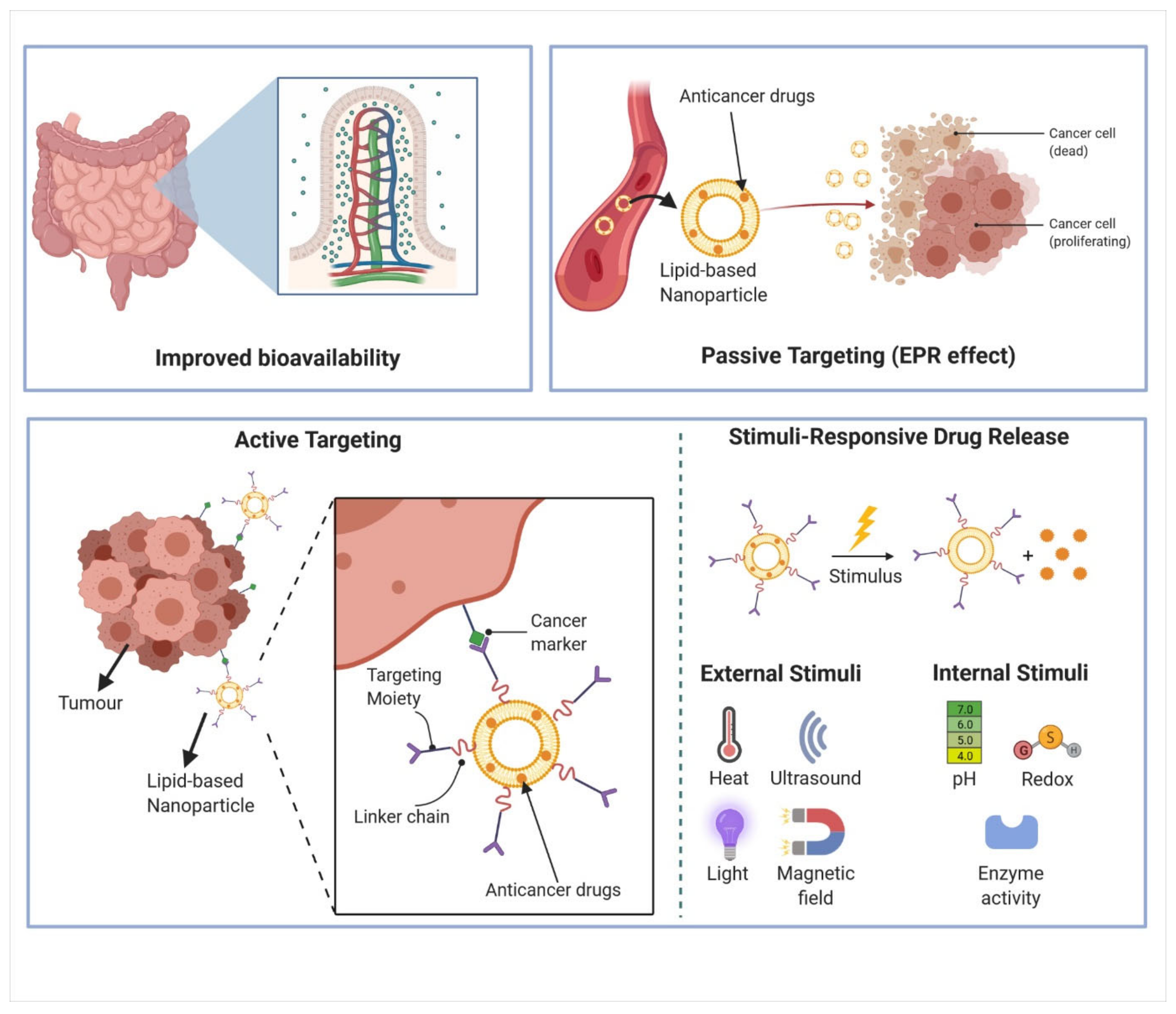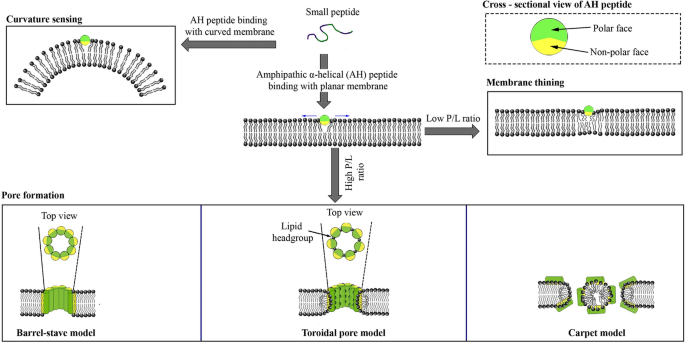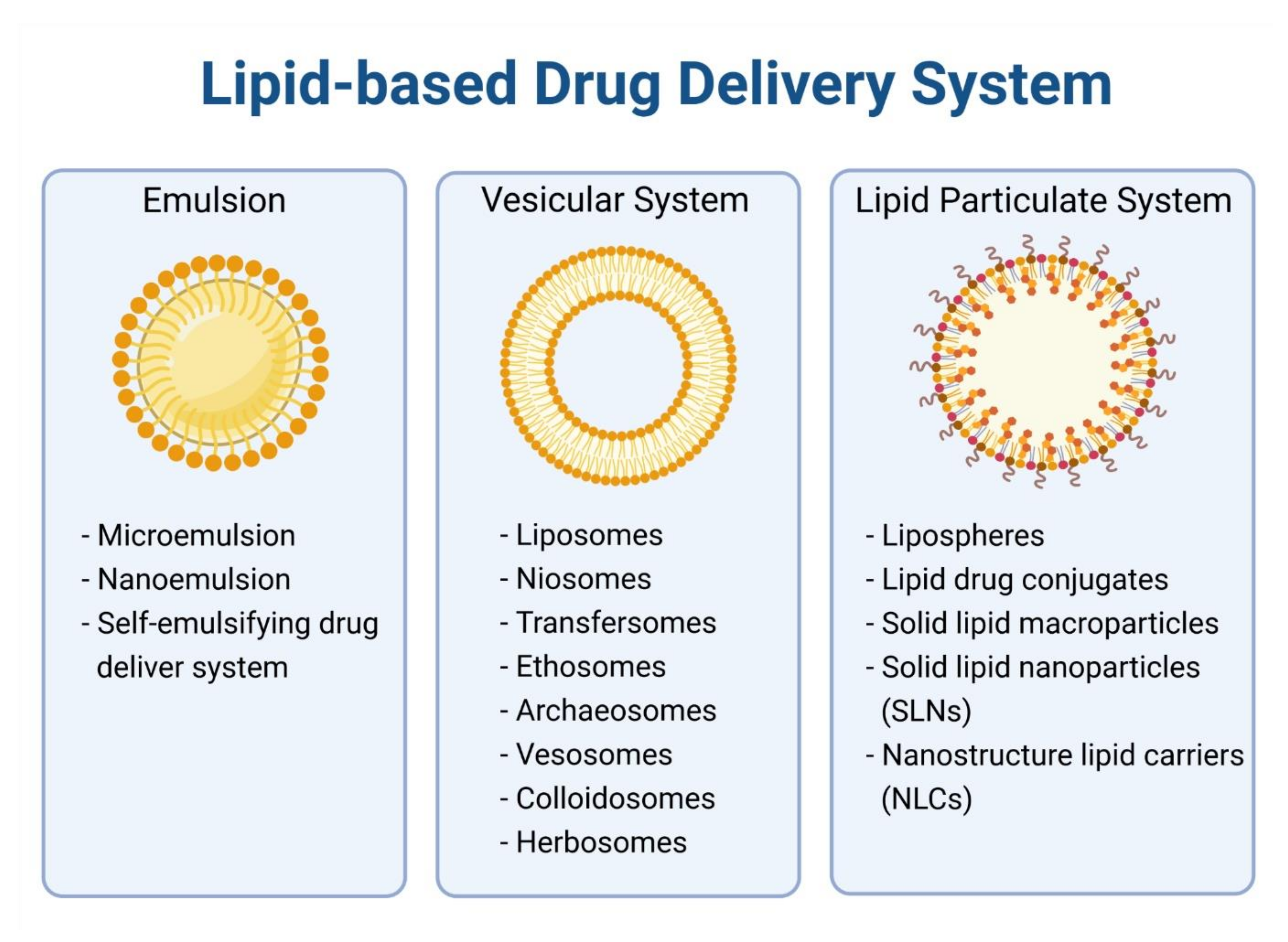
4.5 (517) · $ 423.99 · In stock
Description
Since the commercialization of morphine in 1826, numerous alkaloids have been isolated and exploited effectively for the betterment of mankind, including cancer treatment. However, the commercialization of alkaloids as anticancer agents has generally been limited by serious side effects due to their lack of specificity to cancer cells, indiscriminate tissue distribution and toxic formulation excipients. Lipid-based nanoparticles represent the most effective drug delivery system concerning clinical translation owing to their unique, appealing characteristics for drug delivery. To the extent of our knowledge, this is the first review to compile in vitro and in vivo evidence of encapsulating anticancer alkaloids in lipid-based nanoparticles. Alkaloids encapsulated in lipid-based nanoparticles have generally displayed enhanced in vitro cytotoxicity and an improved in vivo efficacy and toxicity profile than free alkaloids in various cancers. Encapsulated alkaloids also demonstrated the ability to overcome multidrug resistance in vitro and in vivo. These findings support the broad application of lipid-based nanoparticles to encapsulate anticancer alkaloids and facilitate their clinical translation. The review then discusses several limitations of the studies analyzed, particularly the discrepancies in reporting the pharmacokinetics, biodistribution and toxicity data. Finally, we conclude with examples of clinically successful encapsulated alkaloids that have received regulatory approval and are undergoing clinical evaluation.

Cancers, Free Full-Text

The Functionality of Membrane-Inserting Proteins and Peptides

The role of cell‐penetrating peptides in potential anti‐cancer
Alkaloids are natural products that possess numerous pharmacological activities and have been exploited effectively to treat cancer. However, the clinically approved anticancer alkaloids are generally limited by serious side effects due to their lack of specificity to cancer cells, indiscriminate tissue distribution and toxic formulation excipients. Lipid-based nanoparticles represent the most effective drug delivery system concerning clinical translation owing to their unique appealing characteristics for drug delivery.

Lipid-Based Nanoparticles for Encapsulation of Anticancer

Dynamic Regulation of Ferroptosis by Lipid Metabolism

Full article: Functional biomimetic nanoparticles for drug

The proteasome regulator PSME4 drives immune evasion and abrogates

Strategies in the delivery of Cas9 ribonucleoprotein for CRISPR

1-s2.0-S1043661815000833-main